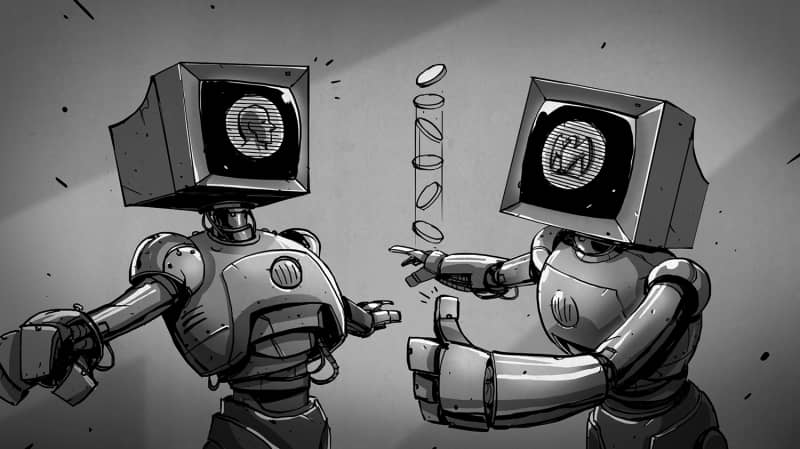Flipping a coin is random, no? We might think it is random for a human who can not control their circumstances, but what if an expert magician could do that? With sufficient practice, even a human can get the desired result if they throw the coin sufficiently accurately.
So it is physically possible to control the results of a coin flip, but if talking strictly in terms of physics, it is not. The landing of a coin on a concrete floor is very uncertain and can precisely be called chaos. Even if you begin with identical starting conditions, which are quite possible for a precise robot, you can get identical results most times.
Physically there are a lot of factors that will affect every coin flip. The most important being the bounce of the coin on the floor. If it is not landing on your hand instead of the floor, there are still countless other factors like; the coin value, the coin position, the wind, the vibration, launch angle, release speed, humidity, temperature, air pressure, friction, and even the breath or footsteps of an observer. The possibilities are infinite, and even though the effect these factors is very minute, they are always varying.
This did not go unstudied; there was a study conducted to prove non-randomness of the flipping of a coin. Even though they managed to get about 80% results with correct prediction in some cases for coins landing in hand, the study concluded with the statement, “For tossed coins, the classical assumptions of independence with probability 1/2 are pretty solid.”
You can get the same results, yes. But in terms of physics, the math of coin flipping is deterministic, but the results are random.

